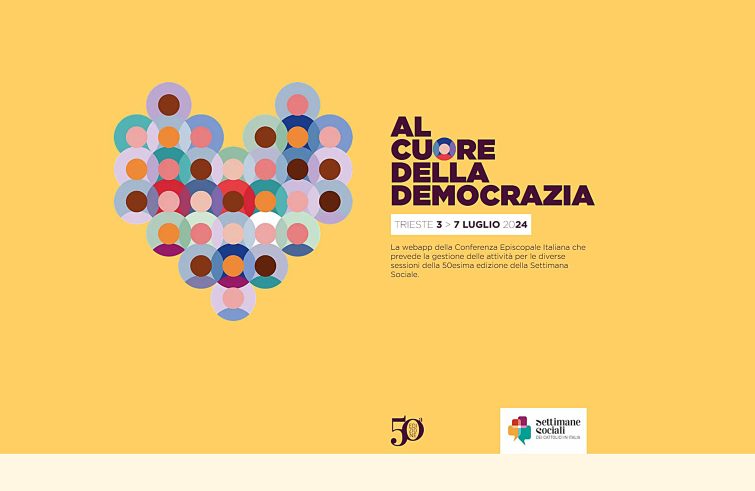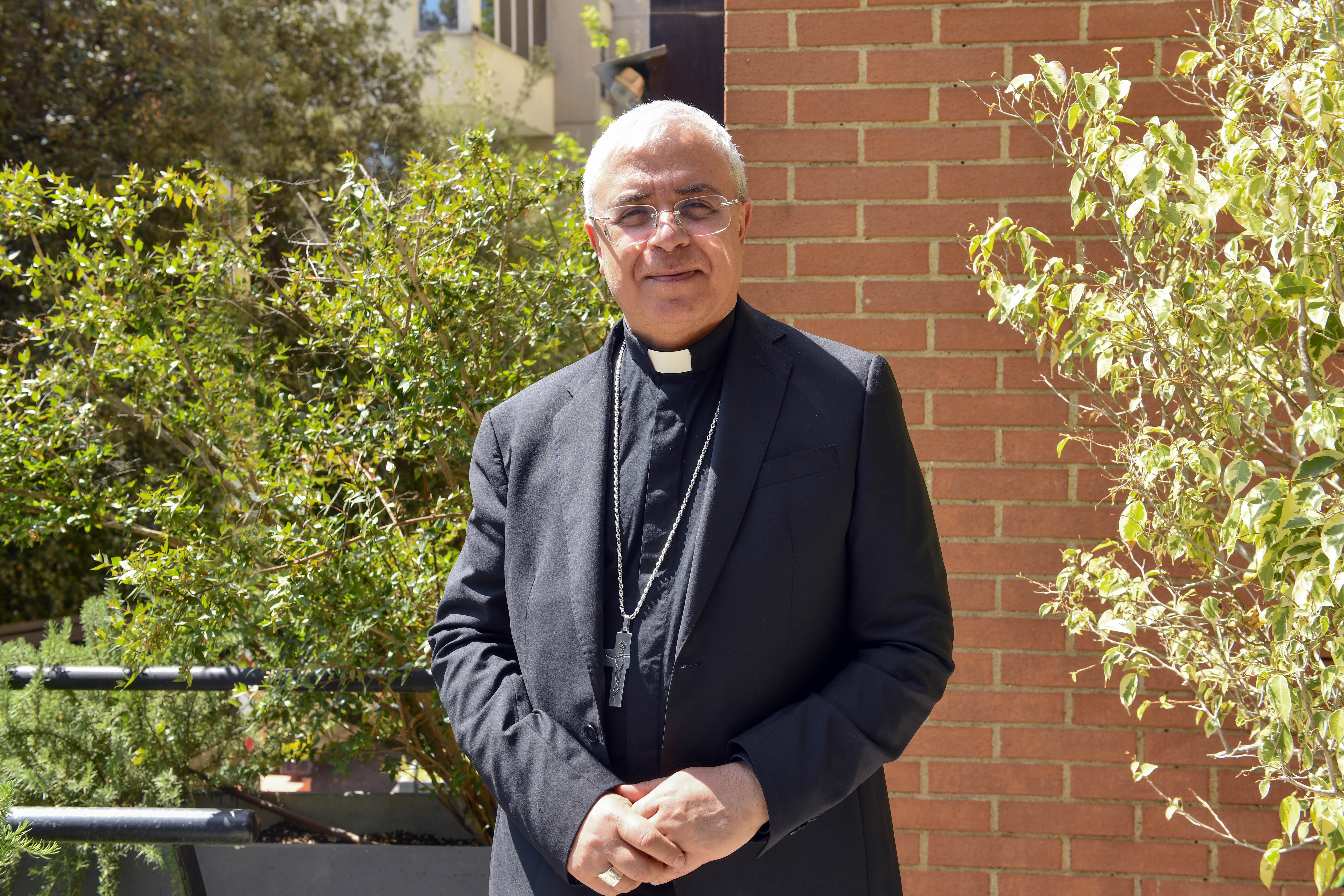
“Catholics in Italy are called to bring hope to the country.” A few days ahead of the 50th Social Week, which will take place in Trieste from 3 to 7 July, SIR interviewed Msgr. Luigi Renna, Archbishop of Catania and President of the Steering and Organising Committee of the event.
Democracy and participation will be at the heart of the 50th edition of the Social Week in Trieste.
It is a crucial topic. During the past two years of preparation, the Committee has been in contact with experts and with the Presidency and General Secretariat of the Italian Episcopal Conference. I believe it was a prophetic choice. Let it suffice to mention the low voter turnout in the last European elections or the growth of populist and nationalist forces, which Fratelli tutti guards us against. Participation in democratic life is an important topical issue to which we have given our attention, alongside the theme of the contribution of the encyclical of Pope Francis to the social doctrine of the Church.

In the light of the upcoming Trieste meeting, and following the recent European and Italian elections, what do you perceive to be the general atmosphere in the country?
There is widespread concern, because what is at stake is the common good. As we are told in Gaudium et spes, the common good is the sum of the conditions that allow communities and their individual members to achieve their goals. Moreover, individuals and communities are not bound to a given nation, because in a globalised world the economy is about rights. That is why it is important to take a forward-looking approach, aware of the dynamics of democracy and of the key issues of social inclusion. This year, the Social Week is no longer the Week of Italian Catholics but the Week of Catholics in Italy. Thousands of people from Europe and the rest of the world live in our country and contribute to the building of the common good. Many of them are Catholics, others belong to other religions. But our aim is to reach out to all.
Democracy also permeates Italy’s political debate. The new regional autonomy measure, for example, has been at the heart of extensive discussions.
Voting in parliament or suggesting support for political parties is not the role of the Bishops, whose mission is to form consciences. But when they address Catholics and all men and women of good will, the bishops identify issues of common concern. Thus, when the bishops highlighted the possible consequences of specific critical aspects of the new regional autonomy law, on the one hand they represented the episcopate, and on the other they echoed the views of all those who cautioned against the possible repercussions that this law could have on certain sectors of public and social life in the country.
The constitutional reform relating to the premiership will also have to be addressed by Parliament.
Constitutional reform requires broad participation. The situation may favour one majority today and another tomorrow. And it is crucial to allow time for reflection and debate when dealing with such important issues. Living in a democratic society also means listening to political opponents, who do not work against the common good.
So politics should not be afraid of facing discussions?
An understanding of the individual and the state is essential to democratic life. When we refer to the individual, we mean every human being with their inherent rights. Solidarity, inclusion, subsidiarity and freedom must be guaranteed. Political processes should be based on the principle of democracy and broad participation, as opposed to person-centred approaches and procedures. Greater efficiency must not be achieved at the expense of democracy and public participation. Therefore, an open dialogue involving Catholics from different political camps is necessary.
What do you expect from the Trieste meeting?
My hope is that the current atmosphere of resignation, which so often leads us to focus on the numbers with a nostalgia for the past, will at last be overcome. Catholics in Italy should be aware that they are called to be a source of hope for the country. In fact, they are already present where the common good is administered and promoted. They should intensify the dialogue processes, because dialogue is often lacking, and be less embroiled in political issues, bearing in mind that there is something greater that unites us.
What will be the highlights of Social Week?
The Social Week will be characterised by “democracy workshops”, i.e. meetings where discernment will revolve around specific issues of common interest. This discernment is the practical expression of the three key principles of Catholic social teaching: to see, to judge and to act.










